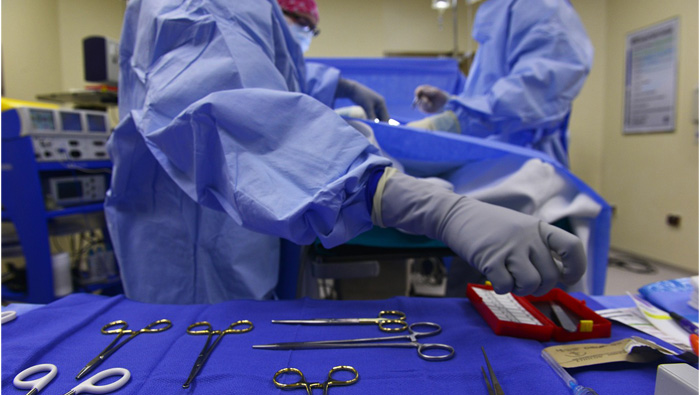
Bengaluru: A police officer from Muscat with acute heart failure got a new lease of life in India.
The 37-year-old police officer from Oman, Muscat, was suffering from chronic heart failure with frequent exacerbations and recurrent hospitalisations for the past three years.
His search for treatment brought him to Narayana Health City, Bangalore. A comprehensive evaluation revealed that his left ventricular function was just 15 per cent, while the normal left ventricular function is 55 per cent. He was advised to undergo Left Ventricular Assist Device (LVAD) implantation.
Speaking about the case, Dr. Bagirath Raghuraman, MD, DM (Cardiology), Programme Director Heart Transplant at Narayana Health City, said, “LVAD is also an option for heart failure patients who are at the other end of the spectrum who are not suitable for a heart transplant due to very high pulmonary artery pressures, like this patient.
“We are glad that this patient responded very well to the LVAD device. His condition has improved dramatically from the time he was admitted and now he can manage his work on his own. We will continue to monitor the patient periodically.”
Sharing his experience, the patient said, “Being a cop is tough and everyone looks up to you for inspiration. When I started having difficulty managing my day-to-day work, my life became a living nightmare. Eventually, I could barely complete two sentences without becoming breathless and I needed constant help.
“Finding the right diagnosis, right doctor and correct treatment option was a tough task and I am grateful that I came to Narayana Health City. Now, after the LVAD implantation, I can independently perform all my daily routine tasks by myself and it has made me even more confident and optimistic about life.”
Dr. Varun Shetty, Consultant Cardiothoracic and Transplant Surgeon at Narayana Health City, who also operated on the patient, said, “Since their inception, there have been marked improvements in the design and technology of the LVADs, making them a reliable therapeutic option for patients with advanced heart failure.
“The LVADs available today are technologically far superior to their predecessors. A decade ago, LVADs required to be charged once in four hours. However, the LVADs available today can work up to 11 hours after a single battery charge.”
Support devices such as the LVADs have not only made patients’ lives easier but also helped them live a happy and fulfilling life. More importantly, they can live independently with dignity and perform most of their daily tasks without depending on others for help.